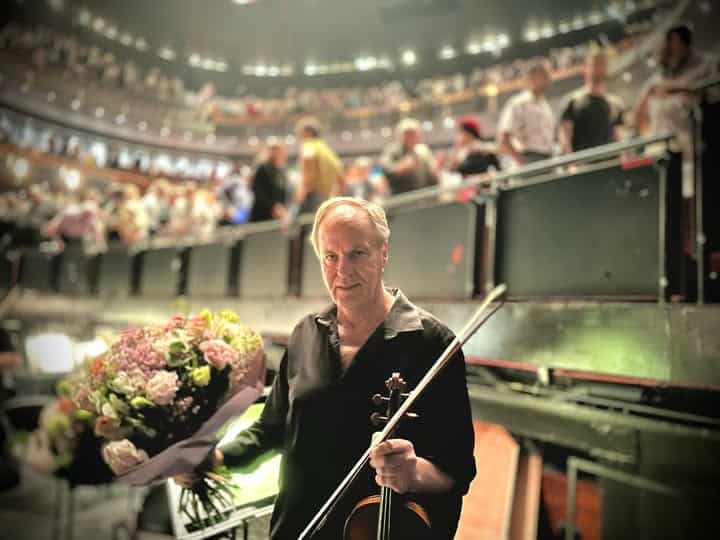How deep is the mire in Salzburg? A lawyer's view
mainThe latest state criticisms of the Salzburg Festival have been pooh-poohed by the administration and it’s business as usual in the musical fortress. A resident lawyer has sent us this assessment of the situation. Unlike the festival chiefs, Dr Peter Ramsauer does not expect the criticism to go away. Here’s his report:
Salzburg Festival Woes
Rather than setting the stage for operatic performances, the Salzburg Festival itself has become the subject of a drama, this time “per legge” rather than “musica”.
Ouverture: in December 2009, key personnel at the Easter Festival (an erstwhile von Karajan brainchild) and its elder brother, the Summer Festival, were dismissed on the spot for allegedly fraudulent acts. So far, after two years, no charges have been brought yet. As a consequence one of the two suspects, a longstanding, highly respected technical director of the Summer Festival attempted suicide. In the political follow up the cry went out for the Rechnungshof, the Republics official audit office, to have a closer look at the business side of this revered institution.
Incorporated as an independent Trust, the Festival has guaranteed – through the Salzburg Festival Act 1950 – deficit financing. In 2010 to the tune of alltogether EUR 16.2 mn, resembling roughly 30% of total spending. In 2010 this translated into a per ticket subsidy of EUR 64.

In reality though, the institution is heavily politicized, its Board being entirely composed out of political appointees (amongst others the mayor of Salzburg as well as the governor of the province of Salzburg). In true Austrian fashion party affiliation resembles the proverbial diabolus in musica, providing the contemporary dissonance to the historic setup. Despite the high subsidies, a call for transparency is akin to Elsa inquiring about Lohengrin’s whereabouts.
The audit office did just that, provoking a similar, if only less musical response. Controlling and audit systems not even satisfying the standards of a society with a yearly turnover of EUR 1mn, perennial conflict of interests between and within the Festival’s governing bodies, unsolicited rises in remuneration packages of the Festivals management (in one case to 236%) are just a few of the reported highlights. To compound the impression of an artistic Enron the report adds to that frequent breaches of mandatory tendering provisions, the lack of any credible internal audit system, yearly cash payments (rather than bank transfers) of artists fees of up to EUR 6.83 mn. The Festival seems to be the only artistic organisation of international repute, that neither budgets nor accounts for the costs of whole productions (in 2008 Sciarrino’s “Luci mie traditrici”). In a nutshell, the report recommends radical change of its governing structure and the underlying Salzburg Festival Act of 1950, a rare vote of no confidence by one of the few independent Austrian institutions.
If the Rechnungshof’s proposed accounting and corporate governance standards are the industry’s “gradus ad parnassum”, then the Salzburg Festival, at least in its governance structures, has long since willingly opened its doors to more contemporary chance procedures.
In a first reaction the Festival’s Board and its President saw no need to amend the Festival Act, its source of everlasting government largesse. The Rechnungshof’s findings were overreaching and outside its remit. Generally the Festival Act of 1950 and the Festival would be a success story and there seemed no need for fixing when nothing was broken.
It is somewhat ironic that in a recent ruling (Docket Nr. 8 ObA 1/11x) Austria’s Supreme Court has doubted whether the incumbent President’s contract renewal was all lawful. Also remarkable is the fact, that while rich in detail, the Rechnungshof’s report does not shed much light on the artistic cost side of the Festival, specifically its resident orchestra, the Vienna Philharmonic.
It will be interesting to see, how the incoming new Intendant, Mr. Pereira, will deal with the challenges posed by the report. Goetterdaemmerung or Magic Flute?
Dr. Peter Ramsauer, Attorney at Law (N.Y.), studied music, law and arts-management and worked as orchestra manager in Salzburg, where he lives.





Comments